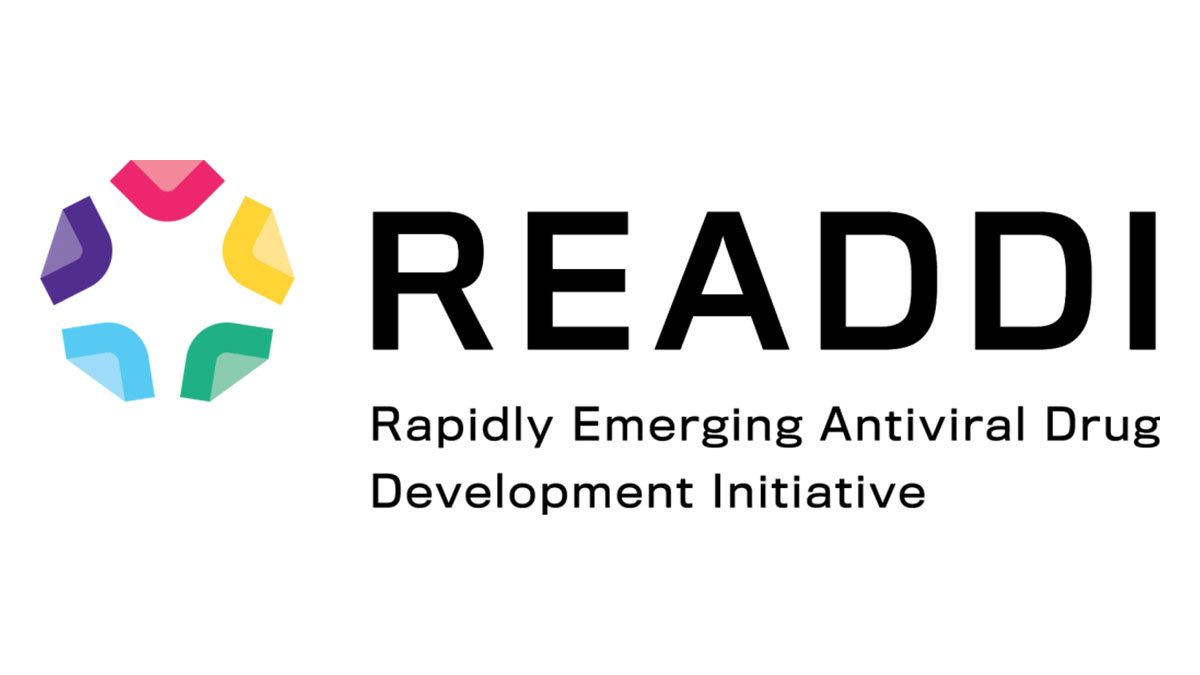Open science drug discovery partnership aims to invest $125 million to prevent future pandemics
The new initiative will work toward discovering and developing drugs to put “on the shelf” for clinical trial testing in anticipation of future viral pandemics.

On Wednesday, the Structural Genomics Consortium, the University of North Carolina at Chapel Hill and the Eshelman Institute for Innovation announced the launch of the Rapidly Emerging Antiviral Drug Development Initiative, a global organization aimed at discovering and developing drugs to put “on the shelf” for clinical trial testing in anticipation of future viral pandemics.
“The COVID-19 pandemic highlights the need for the world’s top researchers and drug discoverers to work together to invent new therapies,” said the Structural Genomics Consortium Chief Executive Officer Aled Edwards. “We should have done this decades ago, but READDI has the potential to make sure we are never caught off-guard again.”
READDI is modeled after DNDi, a proven model for non-profit drug research and development. In READDI, projects will adopt extreme open science methods – sharing drug discovery progress in real time, so that all can benefit.The nonprofit aims to raise $125 million to generate five new drugs with human safety and dosing data in five years to be ready for the next pandemic.
“We are excited to support this much-needed effort in anti-viral drug development. We are happy to lend our hand in any way to ensure the global community is better prepared for any future pandemics”, said DNDi Research and Development Director Laurent Fraisse.
“We are proud to help launch READDI. We are also proud of the three schools; the Eshelman School of Pharmacy, the School of Medicine, and the Gillings School of Global Public Health that created this concept and will be collaborating closely. It is uniquely structured to innovate for the public good, just as we do at Carolina,” said Chancellor Kevin M. Guskiewicz. “Through this initiative, researchers will be able to create new therapies that will help people live longer, healthier lives.”
To learn more, visit READDI.org




